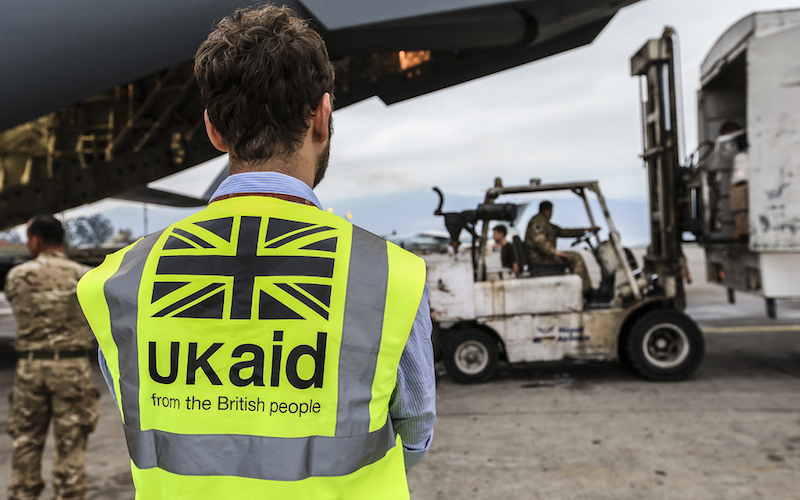
Can UK Foreign Aid be Better Allocated to Help Britain?
The issue of UK foreign aid is contentious amongst voters because of the lack of democratic frameworks in place to disburse tax-payers’ money. This is often extenuated by the fact that a small proportion of funds often ends up in legitimate hands but some ends up in the pockets of illegitimate ‘crony’ regimes in far flung emerging economies. Even strong economies like China and India who have vibrant space programmes have been major recipients of UK foreign aid. Thus, along with important issues like Brexit, the British government needs to readdress the question of how can foreign aid be better allocated?
First, greater co-ordination needs to be acted upon so that the various aid agencies, NGOs Non-government and public sector organizations, charities and local participants come together so that they do not duplicate each other’s roles. An internet framework based on social media would be beneficial where knowledge can be shared accordingly about specific project aims, outcomes and monitoring.
Second, greater accountability and transparency needs to be adopted at every stage of fund disbursement so that corruption is minimized while simultaneously reducing bureaucracy. The foreign aid budget is currently viewed rightly or wrongly by many as the UK’s Bribery Account. This tarnished image needs to be redefined. As the World’s 5th largest economy Britain should not be supporting repressive and corrupt regimes as it currently does.
Third, foreign aid should be given if it benefits British companies or entities. Thus, a condition of foreign aid should be that a foreign recipient should engage a UK individual, SME (Small to Medium Sized Enterprise) (limited company), Professional Body, College or University in the running of the project with clear guidelines as to how funds are to be used. The UK government could allocate funds to every UK University and College to be allocated for foreign aid purposes which adds up to £4 billion of the £12.2 billion spent on foreign aid per annum. Virtually every college and university has projects that would benefit the third world.
Fourth, the UK could use foreign aid in conjunction with debt relief through the usage of debt for equity swaps. The UK should convert emerging economies/third world debt into UK Government held equities in specific overseas projects that is then ‘loaned’ to UK based private equity firms and possibly the overseas emerging economy stakeholders. That would help bring much needed skills, technological know-how, managerial expertise and so on to emerging economies. Everyone is a winner. The recipient country gets debt relief, foreign aid is potentially better allocated, private equity firms have a guaranteed source of funds and much needed technological updating would occur in the emerging economies. In addition, when the private equity firm/venture capitalist decides to exit the project, perhaps in the form of an initial public offering, the shareholders i.e. the UK government, emerging economy local participants and private equity firms are reimbursed their original capital that can then be recycled into new projects. £6 billion could be allocated for this purpose.
Fifth, the UK should not underestimate the great contributions made by all ‘in-kind’ giving to overseas countries without involving the exchange of money. This can involve donating unwanted items directly to emerging economies. A recent report, highlighted that UK citizens hoard unnecessary items sometimes for as long as 30 years. Video-link and online learning could be used to educate children in third world countries. For example, an A level student could tutor GCSE standard courses as part of their assessment which is cost neutral.
Finally, given the current down turn in the global shipping industry where transport costs are minimal, the UK could help solve the homeless situation in the third world (and the UK, for that matter) by manufacturing steel based containerized homes and shipping them overseas. This would help British Steel enormously, because they could receive a proportion of the current foreign aid budget. This could be extended to building schools, surgeries and other essential services. £2.2 billion could be allocated for this.
The British public is currently considering the Brexit referendum and there is spin and misinformation in both camps, remain or leave. The next important issue that should be considered is how better to allocate the current £12.2 billion budget more efficiently and effectively to benefit Britain economically and ensure a high rate of return on grant aid which should be viewed more as a commercial investment, rather than a bribe.

